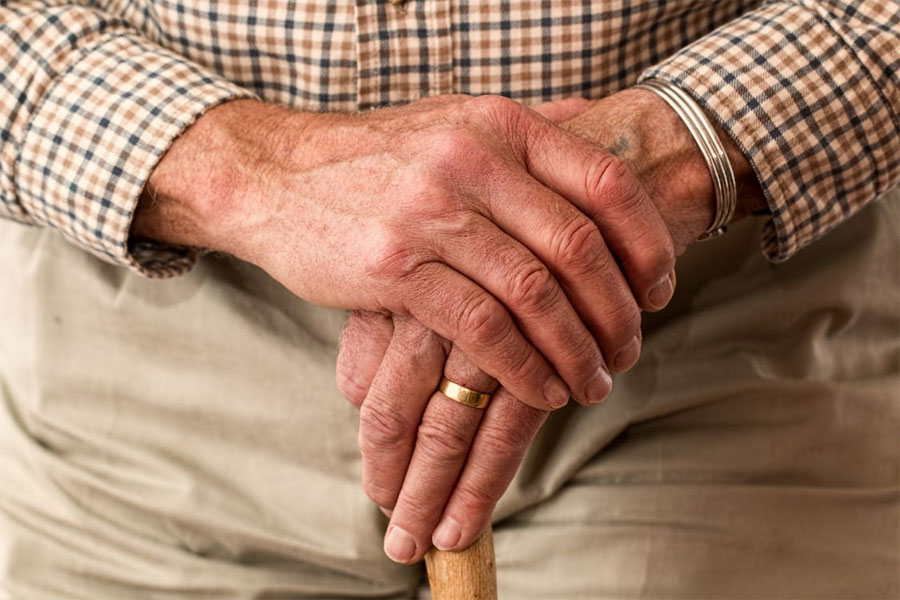How to Help Your Loved One Adjust to Assisted Living
There are over 30,000 assisted living communities in the United States and over 835,000 senior citizens living in them, with the majority being aged 80 or over. With the Baby Boomers entering or well into their golden years, the need for these communities will only continue to grow. When we age, our greatest fear is often the loss of our independence. Most seniors want to stay in their own homes, even when the problems of aging or medical issues begin to make it difficult. This can lead to isolation, depression and overall poor health.
 The answer for many families may be assisted living. These communities give seniors the best care; or in other words, the best of both worlds – a sense of independence, along with privacy, while having a full medical staff and other necessary resources just minutes away at any time. These communities also provide valuable social opportunities. Studies have shown that seniors who stay active and involved in their communities enjoy a better quality of life and overall better health. Despite all the benefits of assisted living, it can be difficult for your loved one to adjust. We’ve put together a few tips that can help you help them make the transition easier.
The answer for many families may be assisted living. These communities give seniors the best care; or in other words, the best of both worlds – a sense of independence, along with privacy, while having a full medical staff and other necessary resources just minutes away at any time. These communities also provide valuable social opportunities. Studies have shown that seniors who stay active and involved in their communities enjoy a better quality of life and overall better health. Despite all the benefits of assisted living, it can be difficult for your loved one to adjust. We’ve put together a few tips that can help you help them make the transition easier.
Support Their Hobbies and Routines
Knowing that life doesn’t have to change because they’ve moved into an assisted living facility can be very comforting and reassuring. If your loved one has hobbies, make sure they still have access to everything they need to continue to enjoy them. If they have long time routines, try and make sure they can still be followed. For example, you can make sure their newspaper and magazine subscriptions will continue to arrive regularly.
Visit Often
I can not stress enough how important this is. Visit your loved one as often as you can and encourage their friends and other family members to do the same. This will reassure them that they haven’t been forgotten, and that they can still entertain if it was something they enjoyed.
Communicate
Communication is so essential. Make sure your loved one knows they can talk to you about anything and that it’s okay to say they aren’t happy. Call often. You can send occasional gifts or flowers, so they’ll know they are always thought of.
Stay Fit Together
During the 1980s, 69% of American adults were exercising more regularly than most counterparts. In fact, the baby boomer generation began the fitness movement with groundbreaking breast cancer walks and marathons for AIDS awareness. Make exercise a habit to stay healthy as a family; physical activity that you and your senior loved ones enjoy maintains strength, mobility, balance, and promotes cardiovascular health. Not only will exercise help them maintain a healthy weight, control illness, and avoid falls, they’ll also experience better sleep and reduced stress – all of which will help them feel better, and live longer.
Chrissy Turner worked in care homes for 10 years before taking a step back to be a freelance writer and spend more time with her family. When not working she likes to walk her dog, Rover.
Sources:
https://www.cdc.gov/nchs/fastats/residential-care-communities.htm
https://www.psychologytoday.com/us/blog/may-i-have-your-attention/201702/six-tips-better-communication
